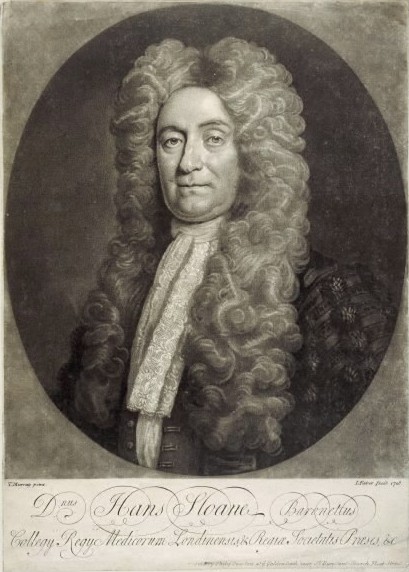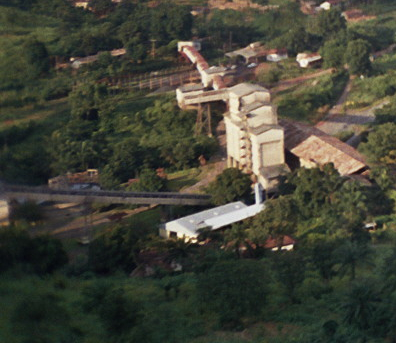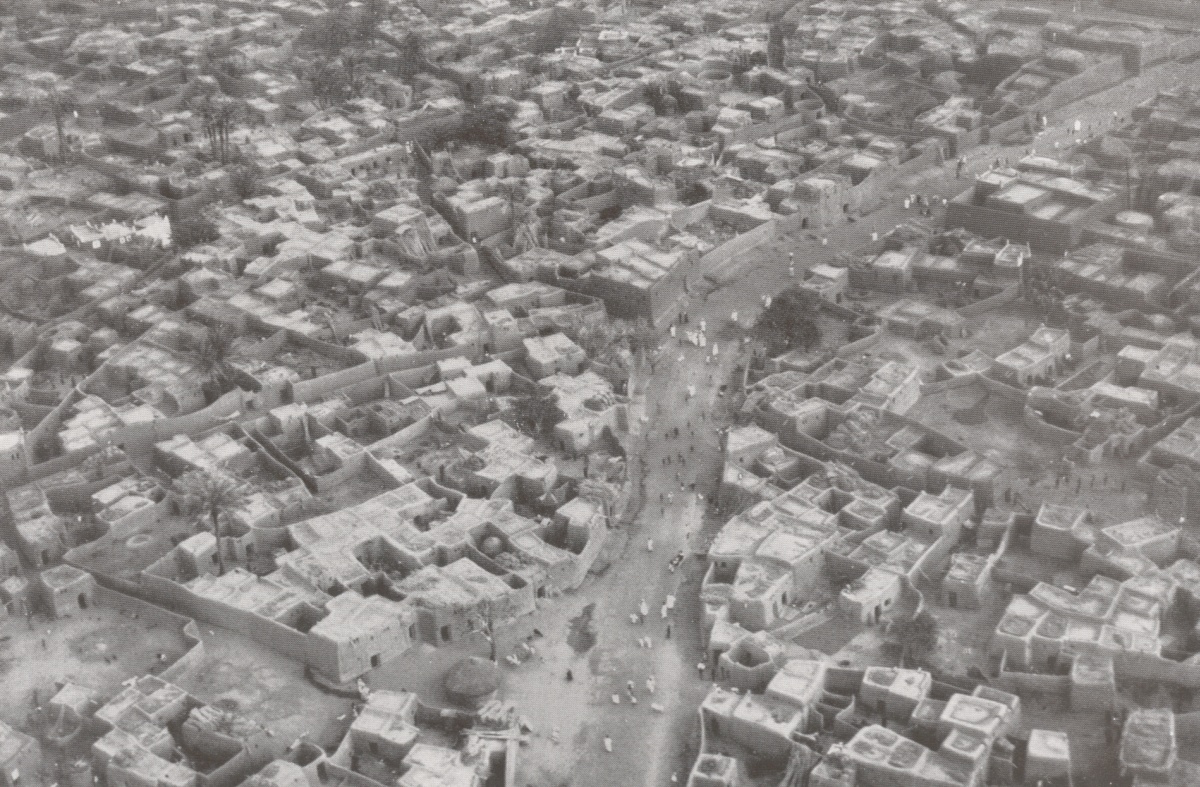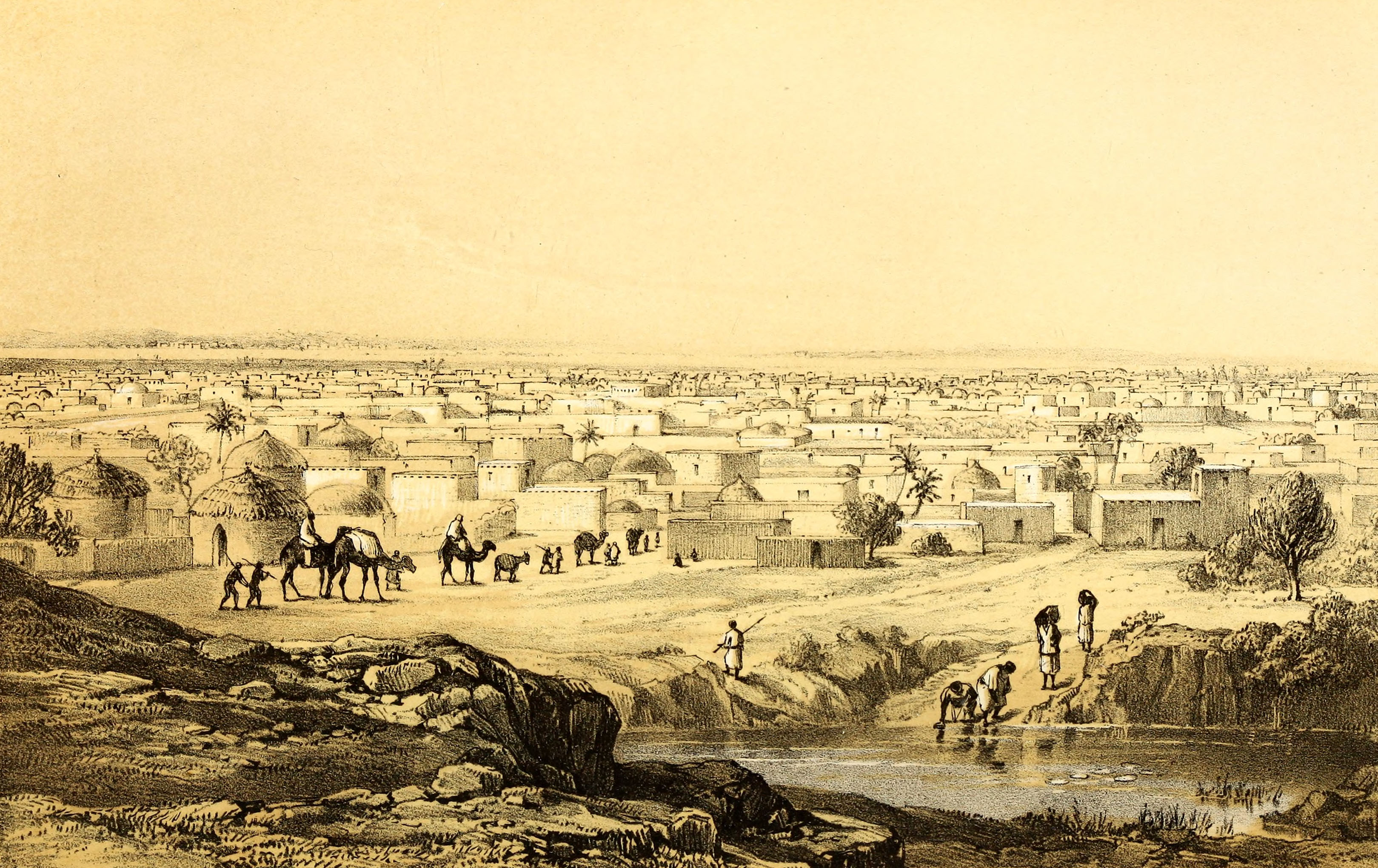|
National Library Of Nigeria
The National Library of Nigeria came into operation in the mid-1960s with the enactment of the National Library Act of 1964 which was later replaced by Act No. 29 of 1970. Prior to the passage of the National Library act, a series of educational conferences conducted in Ibadan served as the intellectual basis for the creation of a network of libraries funded by the federal government to provide accessibility of educational materials to Nigerians. A government advisory committee was later created in respect to the necessity to develop a local repository of knowledge. The committee was charged with finding a way to aid the government in bringing to prominence the intellectual foundations of its policies, creation of a national bibliographic center and to provide an arena for the promotion of knowledge. The committee was the first major formal body that called for a National Library as part of its recommendations. The government accepted the demands of the advisory committee and under ... [...More Info...] [...Related Items...] OR: [Wikipedia] [Google] [Baidu] |
National Library
A national library is a library established by a government as a country's preeminent repository of information. Unlike public library, public libraries, these rarely allow citizens to borrow books. Often, they include numerous rare, valuable, or significant works. A national library is that library which has the duty of collecting and preserving the literature of the nation within and outside the country. Thus, national libraries are those libraries whose community is the nation at large. Examples include the British Library, and the Bibliothèque nationale de France in Paris.Line, Maurice B.; Line, J. (2011). "Concluding notes". ''National libraries'', Aslib, pp. 317–318Lor, P. J.; Sonnekus, E. A. S. (2010)"Guidelines for Legislation for National Library Services", International Federation of Library Associations and Institutions, IFLA. Retrieved on 10 January 2010. There are wider definitions of a national library, putting less emphasis to the repository character. National ... [...More Info...] [...Related Items...] OR: [Wikipedia] [Google] [Baidu] |
Kaduna State
Kaduna State ( ha, Jihar Kaduna جىِهَر كَدُنا; ff, Leydi Kaduna, script=Latn, ; kcg, Sitet Kaduna) is a state in northern Nigeria. The state capital is its namesake, the city of Kaduna which happened to be the 8th largest city in the country as at 2006. Created in 1967 as North-Central State, which also encompassed the modern Katsina State, Kaduna State achieved its current borders in 1987. The fourth largest and third most populous state in the country, Kaduna State is nicknamed the ''Centre of Learning'', owing to the presence of numerous educational institutions of importance within the state such as Ahmadu Bello University. Modern Kaduna State is home to the sites of some of Africa's oldest civilizations, including the Nok civilization that prospered from to .Breunig, Peter. 2014. Nok: African Sculpture in Archaeological Context: p. 21.Fagg, Bernard. 1969. Recent work in west Africa: New light on the Nok culture. World Archaeology 1(1): 41–50. In the 9th ... [...More Info...] [...Related Items...] OR: [Wikipedia] [Google] [Baidu] |
Kaduna
Kaduna is the capital city of Kaduna State, and the former political capital of Northern Region, Nigeria, Northern Nigeria. It is located in north-western Nigeria, on the Kaduna River. It is a trade Centre and a major transportation hub as the gateway to northern Nigeria, with its rail and important road network. The population of Kaduna was at 760,084 as of the 2006 Nigerian census. Rapid urbanization since 2005 has created an increasingly large population, now estimated to be around 1.3 million. The project population of people in Kaduna state as at 2021 is 8.9 million people. Etymology The etymology of the word ''Kaduna'' is said to be a corruption of the Hausa word for "crocodiles", ''Kaddani'' in the Hausa language (''kaduna'' being the plural form). Another version of the name proposes a link to the Gbagyi language, Gbagyi word/name 'Odna', meaning 'river'. History Kaduna was founded by British Empire, British colonists in 1900. The first British governor of Northern Nig ... [...More Info...] [...Related Items...] OR: [Wikipedia] [Google] [Baidu] |
Enugu State
Enugu State ( ig, Ȯra Enugu) is a state in the South-East geopolitical zone of Nigeria, bordered to the north by the states of Benue and Kogi, Ebonyi State to the east and southeast, Abia State to the south, and Anambra State to the west. The state takes its name from its capital and largest city, Enugu. Of the 36 states, Enugu is the 29th largest in area and 22nd most populous with an estimated population of over 4.4 million as of 2016. Geographically, the state is divided between the Niger Delta swamp forests in the far south and the drier Guinean forest–savanna mosaic with some savanna in the rest of the state. Other important geographical features are the Udi-Nsukka Plateau and Ekulu River, which flows through the city of Enugu. Modern-day Enugu State has been inhabited for years by various ethnic groups, primarily the Igbo people with minorities of Idoma and Igala peoples in Etteh Uno. In the pre-colonial period, what is now Enugu State was a part of the med ... [...More Info...] [...Related Items...] OR: [Wikipedia] [Google] [Baidu] |
Enugu
Enugu ( ; ) is the capital city of Enugu State in Nigeria. It is located in southeastern part of Nigeria. The city had a population of 820,000 according to the 2022 Nigerian census. The name ''Enugu'' is derived from the two Igbo words ''Énú Ụ́gwụ́'', meaning "hill top", denoting the city's hilly geography. Since the 17th century the location of present-day Enugu has been inhabited by the Enugwu-Ngwo and Nike ( ) subgroup of the Igbo people; . In 1900, the Southern Nigeria Protectorate was established by the colonial administration of the British Empire. The discovery of coal by the colonists led to the creation of what was then known as the Enugu Coal Camp, named after the nearby village of Enugu Ngwo, under which coal was first found. The nearby city of Port Harcourt was created for the purpose of shipping this coal abroad, being located south of the camp. Coal mining opportunities in Enugu attracted people from throughout the region; this marked the core of the f ... [...More Info...] [...Related Items...] OR: [Wikipedia] [Google] [Baidu] |
Lagos State
Lagos State ( yo, Ìpínlẹ̀ Èkó) is a States of Nigeria, state in South West (Nigeria), southwestern Nigeria. Of the 36 States of Nigeria, states, it is both the List of Nigerian states by population, most populous and List of Nigerian states by area, smallest in area. Bounded to the south by the Bight of Benin and to the west by the Benin–Nigeria border, international border with Benin Republic, Lagos State borders Ogun State to the east and north making it the only Nigerian state to border only one other state. Named for the city of Lagos—the List of urban areas in Africa by population, most populous city in Africa—the state was formed from the Western Region, Nigeria, Western Region and the former Federal Capital Territory on 27 May 1967. Geographically, Lagos State is dominated by bodies of water with nearly a quarter of the state's area being lagoons, creeks, and rivers. The largest of these bodies are the Lagos Lagoon, Lagos and Lekki Lagoon, Lekki lagoons in the ... [...More Info...] [...Related Items...] OR: [Wikipedia] [Google] [Baidu] |
Ondo State
Ondo State ( yo, Ìpínlẹ̀ Oǹdó) is a state in southwestern Nigeria. It was created on 3 February 1976 from the former Western State. It borders Ekiti State to the north, Kogi State to the northeast, Edo State to the east, Delta State to the southeast, Ogun State to the southwest, Osun State to the northwest, and the Atlantic Ocean to the south. The state's capital is Akure, the former capital of the ancient Akure Kingdom. The State includes mangrove-swamp forest near the Bights of Benin. Nicknamed the "Sunshine State", Ondo State is the 19th most populated state in the country, and the 25th-largest state by landmass. The state is predominantly Yoruba, and the Yoruba language is commonly spoken. The state economy is dominated by the petroleum industry. Cocoa production, asphalt mining, and activities related to the state's extensive coastline also are part of the economy. It is the home to the Idanre inselberg hills, playing host to the highest geographical point in the ... [...More Info...] [...Related Items...] OR: [Wikipedia] [Google] [Baidu] |
Akure
Akure is a city in south-western Nigeria. It is the capital and largest city of Ondo State. The city had a population of 403,000 as at the 2006 population census. History Pre 1914 Rock engravings dating back to the Mesolithic period, have been discovered on the outskirts of Akure. Also the oldest ''Homo sapiens'' fossil ever found in West Africa thus far was discovered there, dating back to around 11,000 years ago. The Akure Kingdom is regarded as one of the sixteen ancient Ekiti kingdoms. Oral tradition states that Akure was founded by a figure by the name Alakure, but the current dynasty of rulers and the modern Akure Kingdom was founded by Omoremilekun Asodeboyede, a descendant of Oduduwa. The Prince left Ile-Ife, where Oduduwa ruled, in search of a place to settle after passing a strict test administered by Oduduwa himself, and eventually founded the city upon his arrival in the Akure region and his conquering of the Alakure. Asodeboyede represents the wave of pri ... [...More Info...] [...Related Items...] OR: [Wikipedia] [Google] [Baidu] |
Kano State
Kano State (Hausa: ''Jihar Kano''جىِهَر كَنوُ) (Fula: Leydi Kano 𞤤𞤫𞤴𞤣𞤭 𞤳𞤢𞤲𞤮𞥅 ) is one of the 36 states of Nigeria, located in the northern region of the country. According to the national census done in 2006, Kano State is the most populous in Nigeria. The recent official estimates taken in 2016 by the National Bureau of Statistics found that Kano State was still the largest state by population in Nigeria. Created in 1967 from the former Northern Region, Kano State borders Katsina State to the northwest, Jigawa State to the northeast, Bauchi State to the southeast, and Kaduna State to the southwest. The state's capital and largest city is the city of Kano, the second most populous city in Nigeria after Lagos. The incumbent governor of the state is Abdullahi Umar Ganduje. He was sworn in on May 29, 2015. Modern day Kano State was the site of numerous kingdoms and empires, including the Kingdom of Kano, which was centered in Dalla Hil ... [...More Info...] [...Related Items...] OR: [Wikipedia] [Google] [Baidu] |
Kano (city)
Kano (Ajami: كانو) is a city in northern Nigeria and the capital of Kano State. It is the second largest city in Nigeria after Lagos, with over four million citizens living within ; located in the Savanna, south of the Sahel, Kano is a major route of the trans-Saharan trade. The city has been a trade and human settlement for millennia. It is the traditional state of the Dabo dynasty who since the 19th century have ruled as emirs over the city-state. Kano Emirate Council is the current traditional institution inside the city boundaries of Kano, and under the authority of the Government of Kano State. The city is one of the medieval Hausa seven kingdoms and the principal inhabitants of the city are the Hausa people. Centuries before British colonization, Kano was strongly cosmopolitan with settled populations of Arab, Berber, Tuareg, Kanuri and Fula and remains so with the Hausa language spoken as a lingua-franca by over 70 million speakers in the region. Islam arrived i ... [...More Info...] [...Related Items...] OR: [Wikipedia] [Google] [Baidu] |
International Standard Serial Number
An International Standard Serial Number (ISSN) is an eight-digit serial number used to uniquely identify a serial publication, such as a magazine. The ISSN is especially helpful in distinguishing between serials with the same title. ISSNs are used in ordering, cataloging, interlibrary loans, and other practices in connection with serial literature. The ISSN system was first drafted as an International Organization for Standardization (ISO) international standard in 1971 and published as ISO 3297 in 1975. ISO subcommittee TC 46/SC 9 is responsible for maintaining the standard. When a serial with the same content is published in more than one media type, a different ISSN is assigned to each media type. For example, many serials are published both in print and electronic media. The ISSN system refers to these types as print ISSN (p-ISSN) and electronic ISSN (e-ISSN). Consequently, as defined in ISO 3297:2007, every serial in the ISSN system is also assigned a linking ISSN ( ... [...More Info...] [...Related Items...] OR: [Wikipedia] [Google] [Baidu] |








